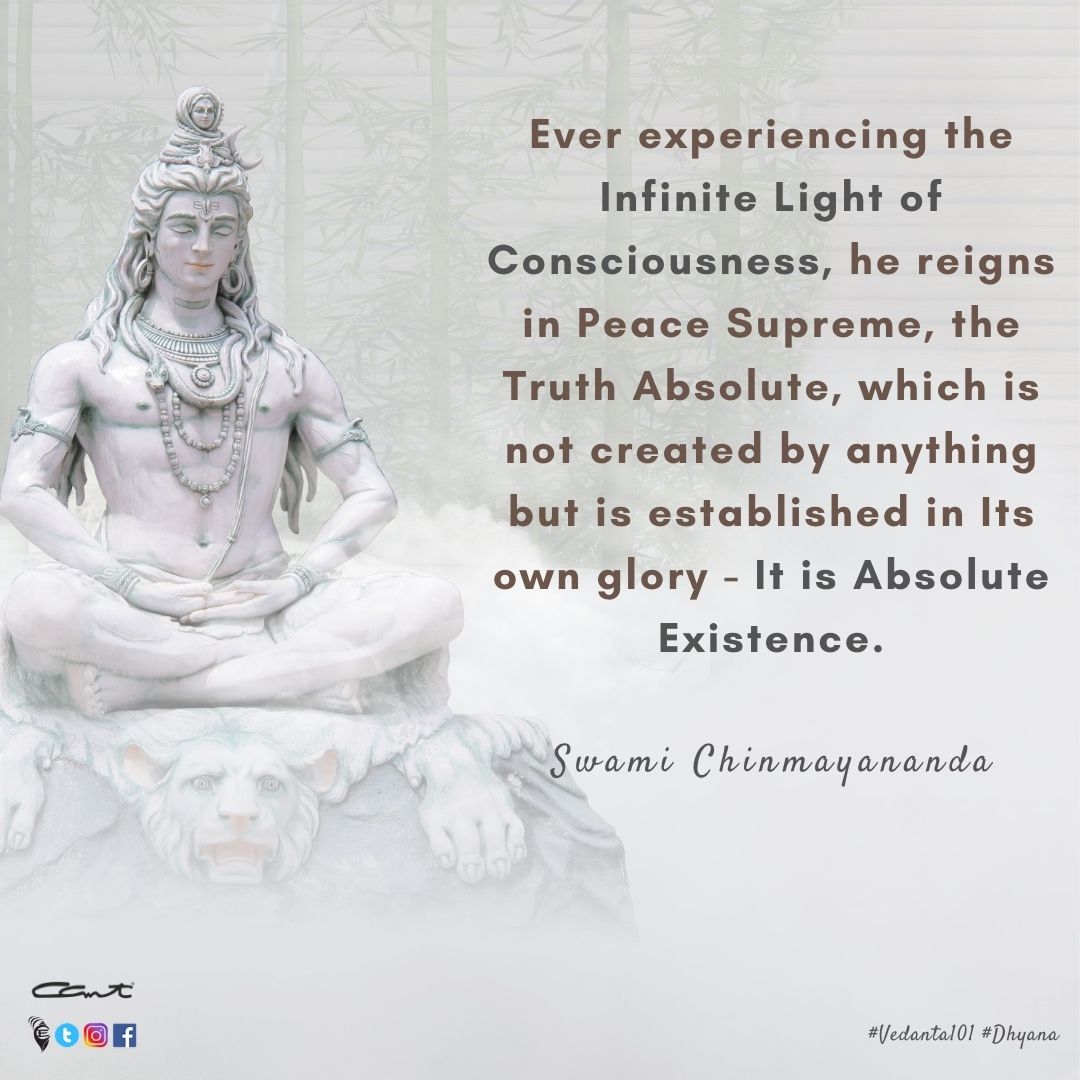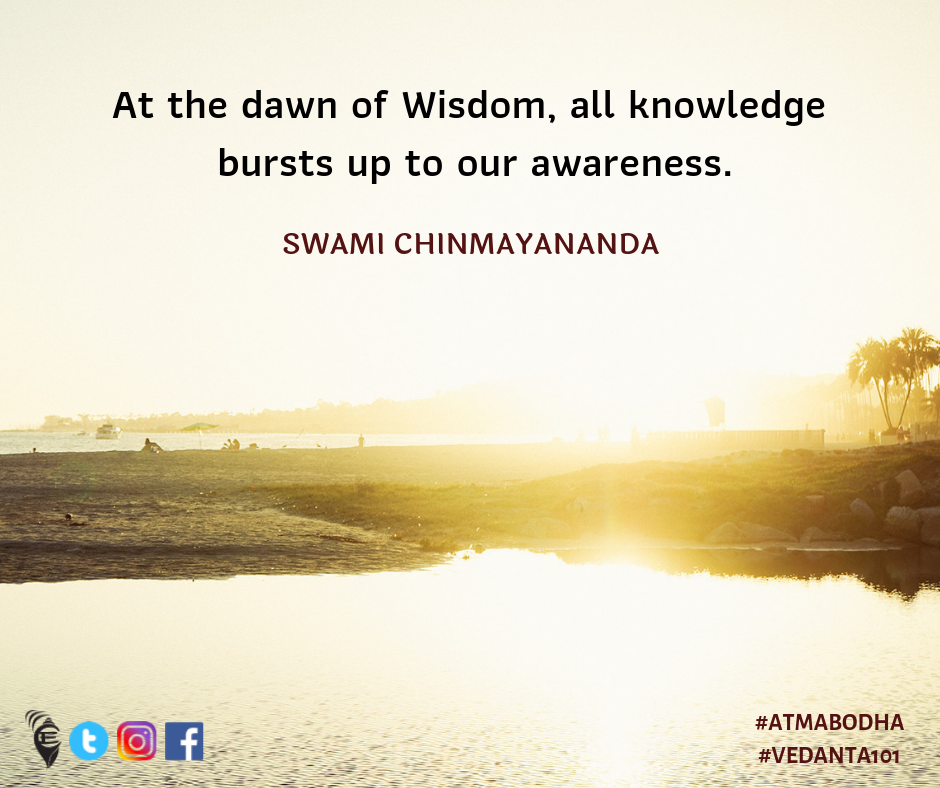The Relevance of the Bhagavadgita to Humanity : 7.7. Swami Krishnananda.

---------------------------------------------------------------- Saturday, October 31, 2020. 08:02. AM. The First Six Chapters of the Bhagavadgita Chapter 7: Can War Ever be Justified ? - 7. (Spoken on Bhagavadgita Jayanti) ---------------------------------------------------------------- Now, this is a human question which was humanly answered because we are always faced with some counter-correlative of a position whenever an issue is raised. Every issue has a counter issue. You cannot have an absolute issue in this world, and you do not know how to correlate these two sides of an issue where two sides are always there for every issue. When there are two sides of an issue, which side are you going to take? And how do you know which is the right side? The question of the Bhagavadgita is: How do you know what is right? -------------------------------------------- I will close by quoting an interesting suggestion made by an ethical philosopher who wrote a small book called Situation ...
















